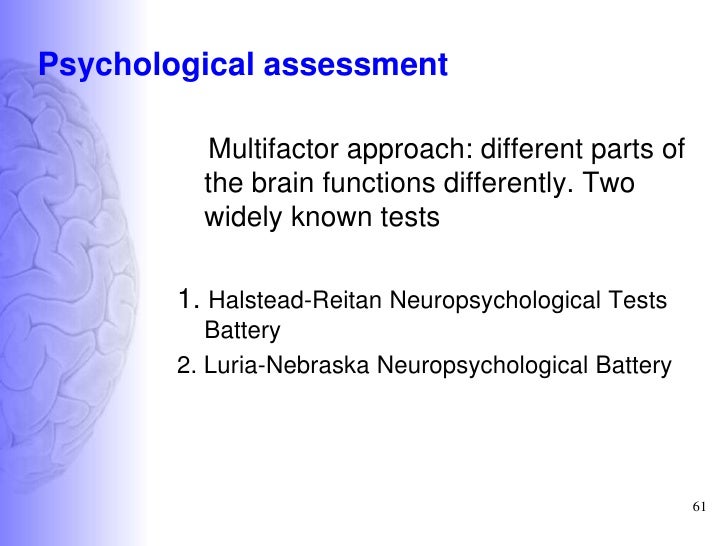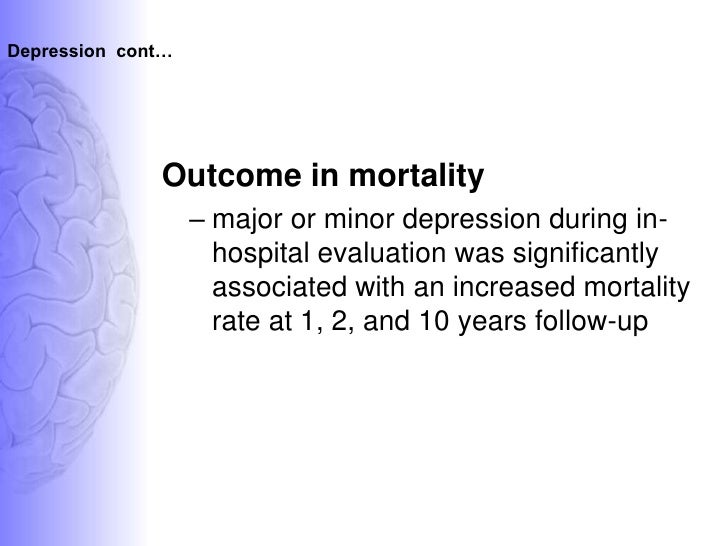

Still, psychosomatics gained momentum in psychiatry. Alexander’s bold but unsuccessful attempt to appeal to his physician colleagues may have contributed to the marginalization of psychosomatics within internal medicine. (After hearing Groddeck deliver a presentation, Sigmund Freud asked him whether he meant to be taken seriously Freud supported him nonetheless.)įrom Alexander’s perspective, diseases such as asthma or ulcers resulted from unresolved needs and intrapsychic conflicts. His approach provided a stark contrast to the psychoanalysis of the 1920s, when Georg Groddeck, a self-proclaimed “wild” analyst, maintained that all physical conditions, including myopia, represented unconscious conflicts. In 1950, Franz Alexander likened psychosomatic specificity to microbial specificity in his attempt to reconcile psychoanalytic theory with mainstream medicine.

Not coincidentally, psychoanalysis also gained popularity at that time. Popular magazines such as Readers Digest featured articles on psychosomatic topics. Psychosomatic medicine insinuated itself into American culture by the late 1940s. The formation of the American Psychosomatic Society and the creation of its influential flagship journal Psychosomatic Medicinein 1939 were other defining events. The term psychosomatic medicine was used more frequently after the 1935 publication of Helen Flanders Dunbar’s Emotions and Bodily Changes. Psychosomatic concepts have been discussed for millennia. Psychosomatic medicine can be contrasted to health psychology or medical sociology in its relative emphasis on physiological processes as opposed to psychological (social-cognitive, behavioral) processes or socioeconomic conditions. The psychosomatic approach to research, education, and treatment acknowledges the potential contributions of emotions and psychological states to the onset, exacerbation, course, and recurrence of disease. Psychosomatic medicine refers both to a scientific paradigm and medical institutions (journals, textbooks, learned societies, medical schools) that are premised on the inextricable physiological relationship between mind and body. The term psychosomatic is derived by combining two Greek roots, psyche (“mind”) and soma (“body”).


 0 kommentar(er)
0 kommentar(er)
